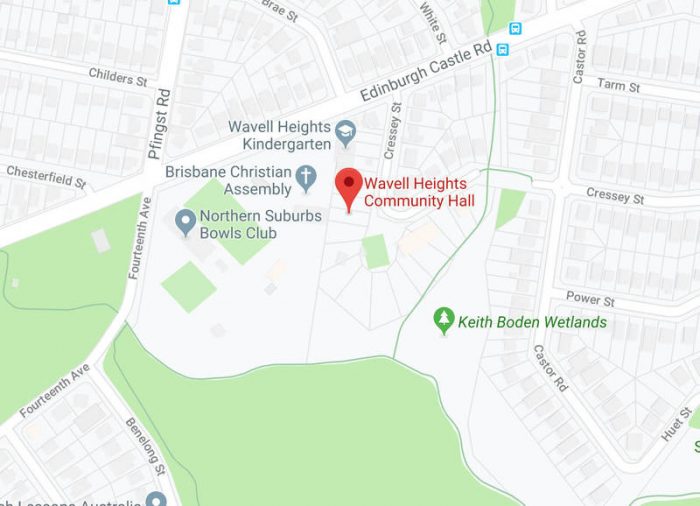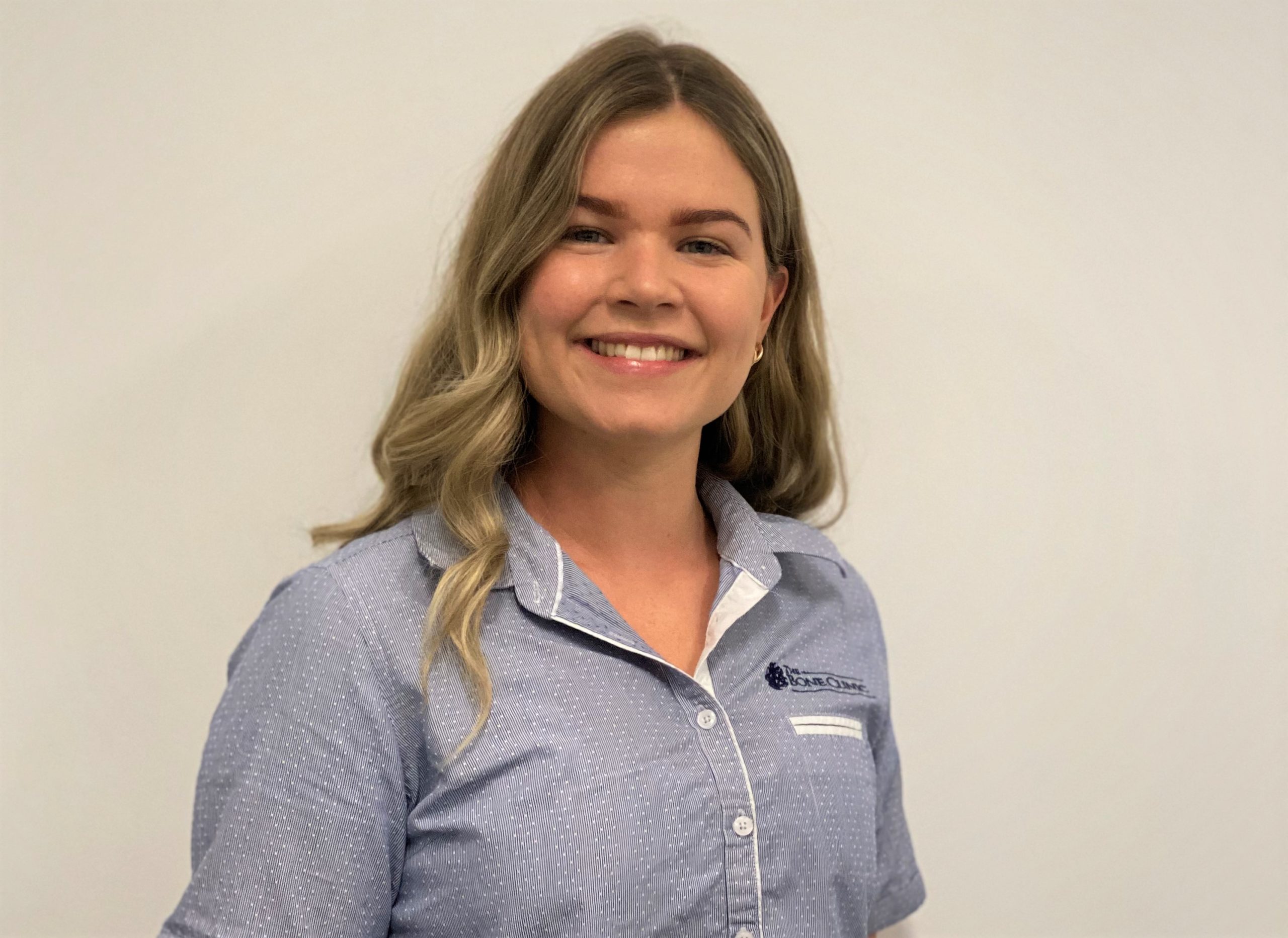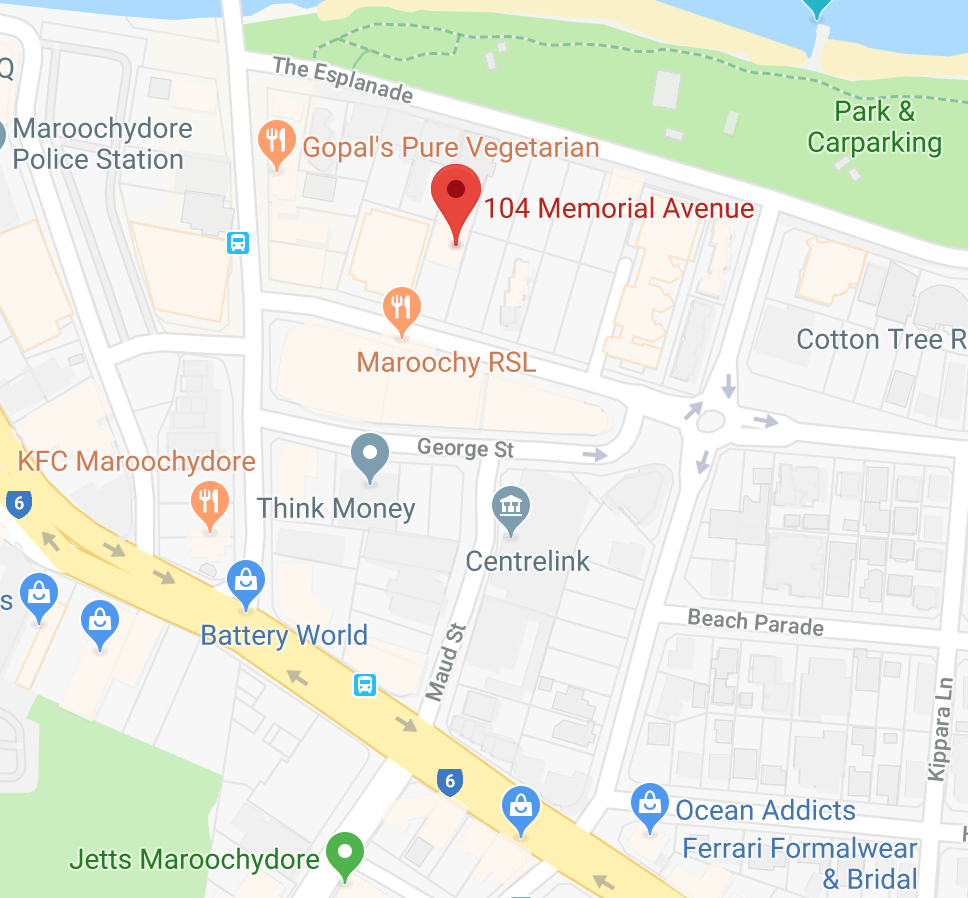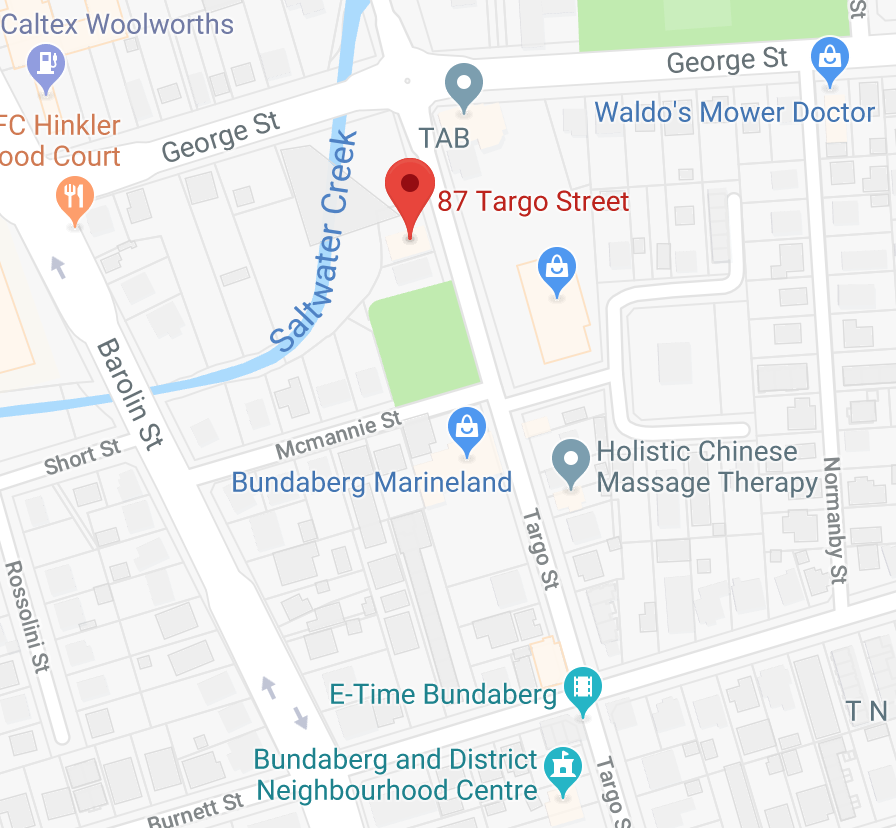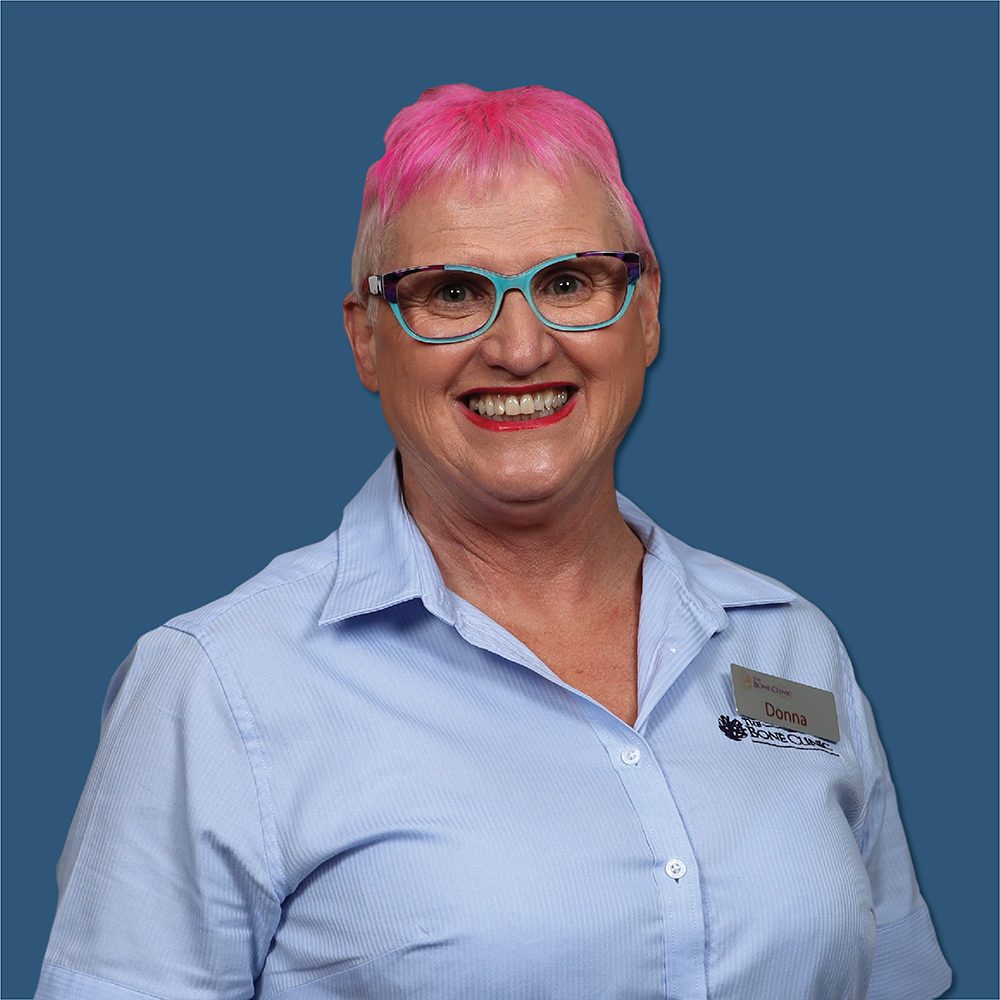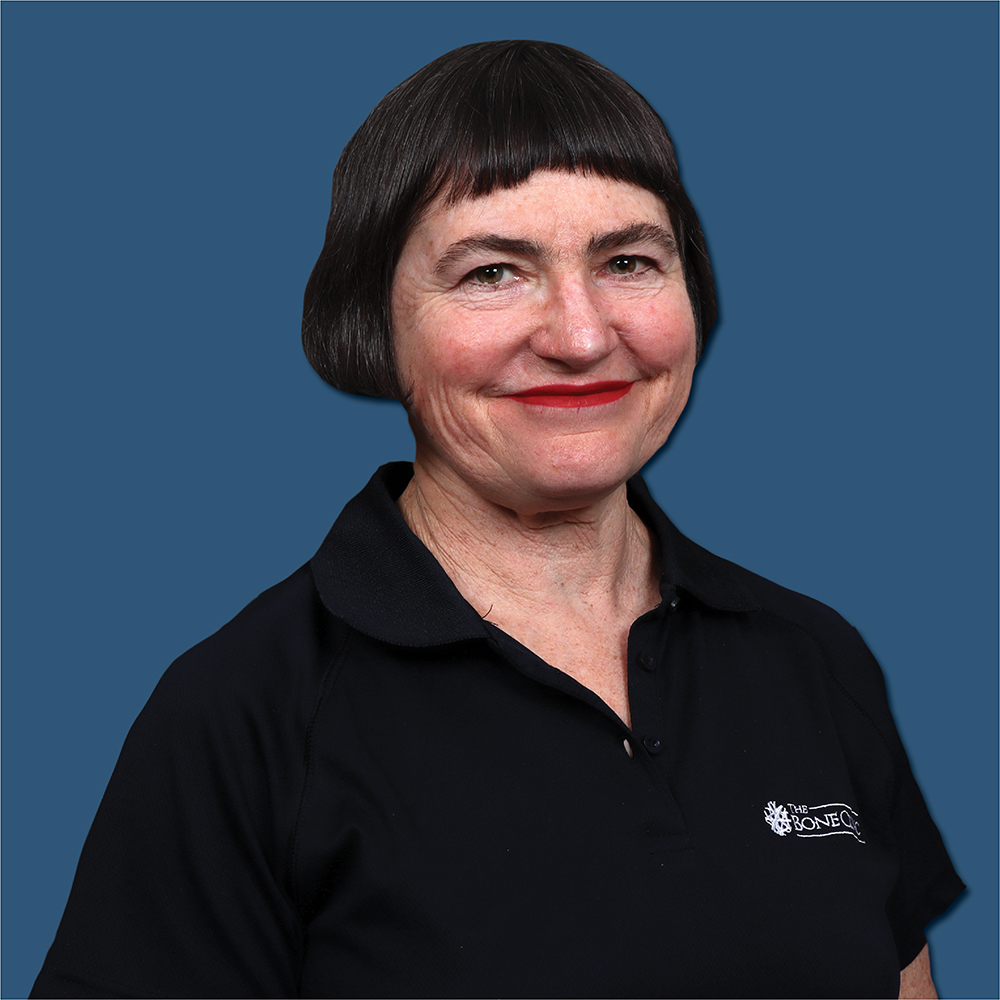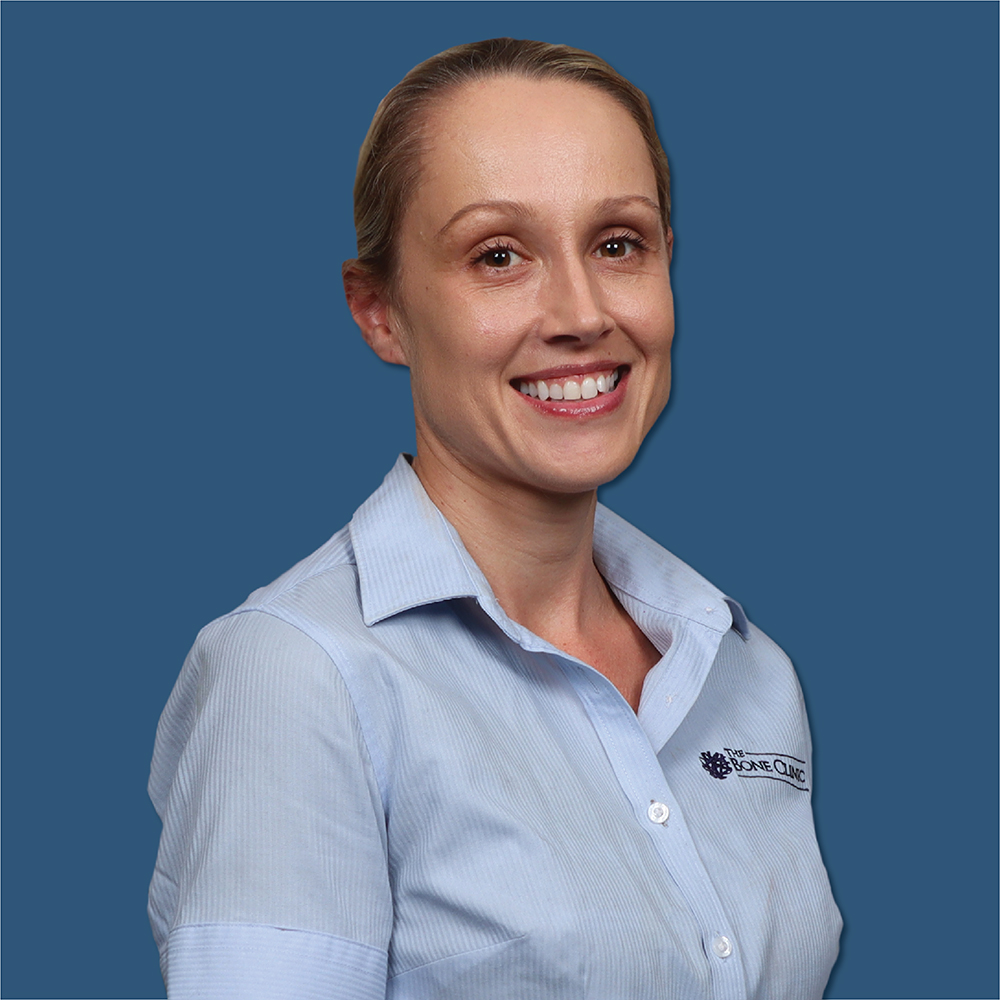
Resources, Bone Blogs & Research
Evidence Based Research
More Articles
Privacy Policy
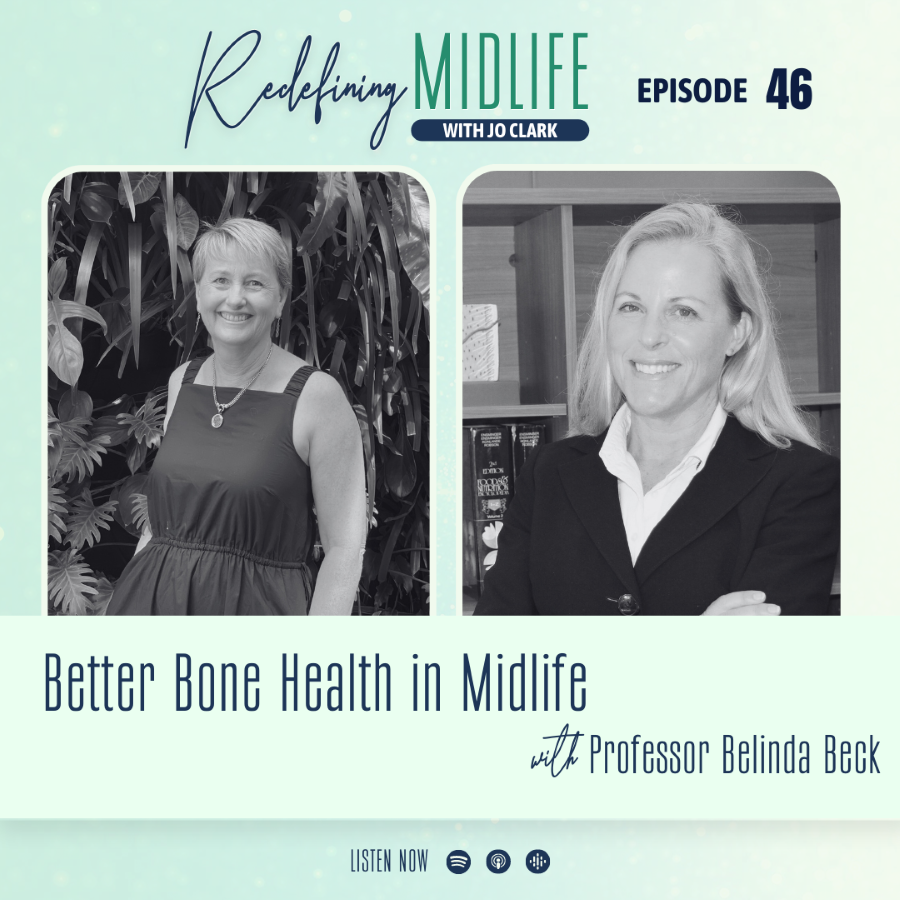
Better Bone Health Podcast
Interested in learning about bone health with aging? Listen to the Podcast here where Jo Clark from Redefining Midlife interviews our Director Belinda Beck about bone health and osteoporosis, including many tips about ways we can manage it.
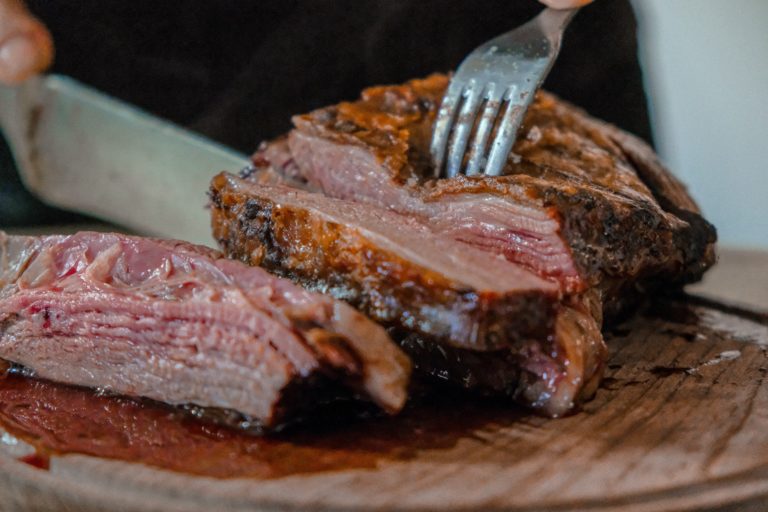
Guidelines for Meat Consumption
In the same statement the Heart Foundation made that full cream milk, yoghurt and cheese was now OK, they also made a statement on red meat and egg consumption which did not make as big of a headline. So we are going to spread the word!
Heart foundation Chief Medical Advisor (and cardiologist) Professor Garry Jennings advised, “We have introduced a limit of less than 350 grams a week for unprocessed beef, lamb, pork and veal. That’s around one to three lean red-meat meals a week, like a Sunday roast and a beef stir-fry.” He also recommended that processed and deli meats should be limited as they have been consistently linked to higher risk of heart disease and chronic conditions.
The majority of our protein should still be from plant sources such as beans, legumes, lentils and tofu, as well as fish and seafood, with smaller amounts from eggs and lean poultry. The message remains that heart-healthy eating is all about variety of protein sources. Although the limit of eggs has been lifted, for those who suffer from Type 2 diabetes it is still recommended to eat fewer than 7 eggs per week.
So what do we recommend in the protein department?
- Aim for healthy proteins such as fresh fish and seafood, plant-based proteins (legumes, lentils, tofu etc) with smaller amounts of animal-based proteins. Limit processed meat.


